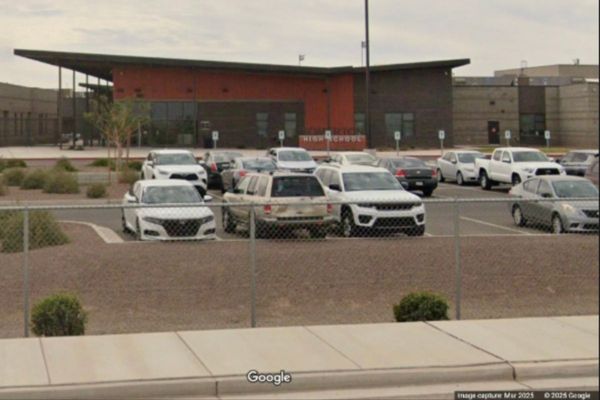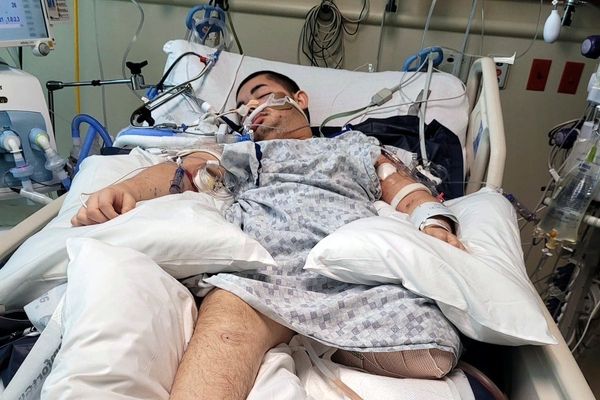A new monoclonal antibody drug has proved to be effective against the coronavirus omicron variant and omicron subvariant, according to the Food and Drug Administration.
The agency has given emergency use authorization for the drug to be used as a treatment option for those 12 and older and weighing at least 88 pounds with “mild to moderate COVID-19.” It’s “not authorized for patients who are hospitalized due to COVID-19 or require oxygen therapy due to COVID-19,” the FDA says.
Pharmaceutical company Eli Lilly’s monoclonal antibody — bebtelovimab — received FDA authorization for people who’ve discovered they’re COVID-19 positive and “are at high risk” for being severely affected by the virus, the agency said in a Feb. 11 news release. Additionally, it’s for those “whom alternative COVID-19 treatment options approved or authorized by the FDA are not accessible or clinically appropriate.”
Currently, only one other monoclonal antibody drug, called sotrovimab, has FDA authorization and has shown effectiveness against omicron, McClatchy News previously reported.
“Today’s action makes available another monoclonal antibody that shows activity against omicron, at a time when we are seeking to further increase supply,” said Dr. Patrizia Cavazzoni, the director of the FDA’s Center for Drug Evaluation and Research, in a statement.
Lab data has shown the new drug “retains activity against both the omicron variant and the BA.2 omicron subvariant,” the news release said, adding that the authorization is “supported by clinical and nonclinical data.”
In the U.S., omicron made up an estimated 96.4% of positive virus cases the week ending Feb. 5 and the subvariant made up 3.6% of cases, according to Centers for Disease Control and Prevention data.
The new authorization comes after Eli Lilly’s other monoclonal antibody treatment — bamlanivimab and etesevimab — was restricted for use by the FDA and found to be “highly unlikely to be active against the omicron variant” on Jan. 24, McClatchy News reported. The same happened for Regeneron’s monoclonal antibody treatment, REGEN-COV (casirivimab and imdevimab).
Eli Lilly is supplying the government with 600,000 bebtelovimab doses for $720 million, the company said in a news release on the FDA authorization.
Monoclonal antibodies are lab-made and act like a person’s naturally produced antibodies to fight against viruses like COVID-19 and infections, according to the U.S. Department of Health and Human Services. They’re given through an infusion to block the coronavirus from infecting cells.
The FDA warns of potential bebtelovimad side effects such as “itching, rash, infusion-related reactions, nausea and vomiting.”
“Serious and unexpected adverse events including hypersensitivity, anaphylaxis and infusion-related reactions have been observed with other SARS-CoV2 monoclonal antibodies and could occur with bebtelovimab.”
Ultimately, the authorized monoclonal antibody treatment isn’t a vaccination substitute for people who are recommended to get the COVID-19 vaccine, the agency says.
———







